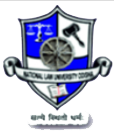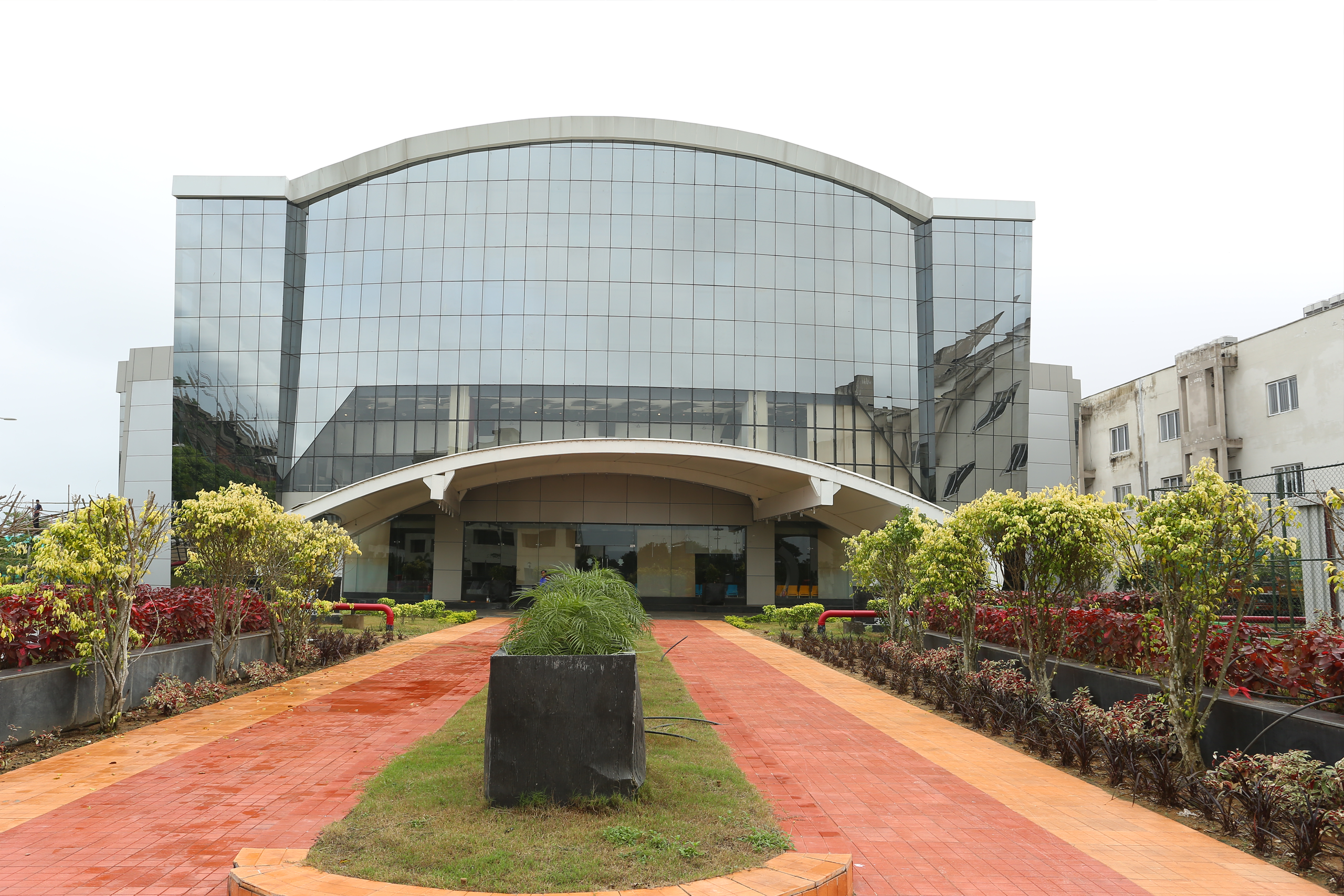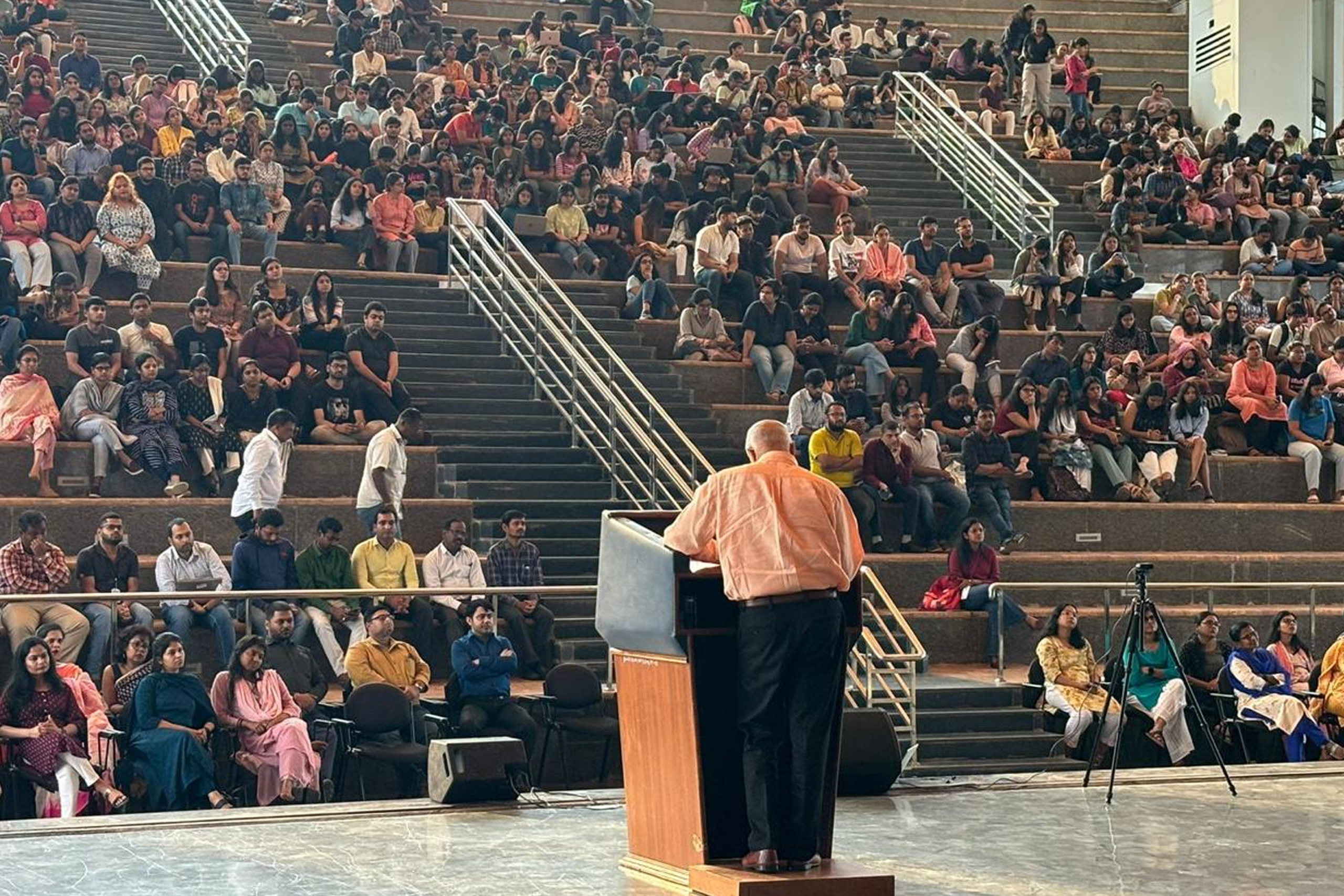CLS Guest Lecture on ‘State of Legal Education in India: Social Relevance, Accessibility and Inclusivity’ | 11th February 2023
06 Feb 2023
This is to bring to your kind attention that the Constitutional Law Society of National Law University Odisha is organizing a?strong>Guest Lecture?n the?strong>11th of February, 2023?n the theme of “State of Legal Education in India: Social Relevance, Accessibility and Inclusivity“?ith?ahul Bajaj?/strong>and?usain Aanis Khan?/strong>as our esteemed?strong>Guest Speakers.
Background
In 1977, Prof. Upendra Baxi authored his widely prevalent essay titled “A Note Towards a Socially Relevant Legal Education“. In his essay, Prof. Baxi extended proposals to reform the qualitative curriculum and pedagogy of the existing system of legal education to meet social and modern needs of society. Prof. Baxi recommended revisions to?nter alia?he structure of law schools, enrolment patterns, curricular profiles, pedagogy, library resources.
However, the state of legal education witnessed little change. Hoping to address the crisis of credibility faced by legal education in India, Prof. N.R. Madhava Menon dared and established the 1st integrated 5-year legal curriculum in 1987, hoping to transpose the American Law School model. This course was tailored to the emerging needs of industry and adopted modern curricular and pedagogic processes. However, the lack of structural reforms since the inception of the first national law school has challenged the diffusion of legal education.
Resultantly, the hope of achieving the reality as envisaged by Prof. Baxi and Menon is far and bleak. The Hon’ble Delhi High Court, as recently as on 11th?anuary 2023, has requested the Bar Council of India to revisit their curriculum and pedagogy to meet the inter-disciplinary demands of the contemporary times.
Apart from the curriculum, the accessibility to quality legal education poses a damp outlook. Over the last 2 decades, there has been a proliferation of law schools. Yet, the accessibility and availability of quality legal education is mired by costly courses and a fa?de of merit. The price of premium law schools is becoming increasingly unaffordable for the common man. At the same time, the mechanism of admitting young pupils to the profession is spread across entrance exams which lay emphasis on the knowledge of English in place of vernacular languages and critical thinking.
Such processes result in the profession of law becoming exclusively a privileged & rich people’s club – while excluding diversity & plurality of backgrounds. Given the importance of legal education in any democratic society, it is essential that the issues associated with legal education be discussed, deliberated and addressed. In this vein, the Society desires to reflect upon the present state of legal education in India that critically requires an overhaul to be socially responsive and accessible.
About our Guest Speakers
Mr. Rahul Bajaj?s a Senior Associate Fellow, Partnerships, in the Research Director’s Office. He manages Vidhi’s partnerships with academic institutions, think-tanks, and other mutually beneficial partnerships. He also works on developing grassroot networks and collaborative partnerships in select areas of Vidhi’s work. He is responsible for coordinating research work in the Research Director’s Office, on Vidhi’s research projects related to COVID-19. Rahul studied law at the University of Nagpur, graduating as the gold medallist in the university. After working at Trilegal, Delhi’s disputes practice for a year, he pursued his postgraduate legal education at the University of Oxford, as a Rhodes Scholar. On returning to India, Rahul clerked for Supreme Court judge D. Y. Chandrachud before joining Vidhi.
Mr. Husain Aanis Khan?s a Research Fellow with the Legal Design and Regulation Team at Vidhi. Husain has worked extensively on the subject of Legal Education and Social Inclusivity. Husain is the Director of the VALE Fellowship. He was the author of the Jamia Diversity Census. He has delivered presentations on education policy at international conferences and submitted a policy brief on Unified Building Bye-Laws to the Government of NCT of Delhi.?e has also contributed opinion pieces for all leading newspaper publications.
Event Details
The event is to be conducted online over?strong><a href="https://meet.google.co</bpy-ykce-ejf" data-saferedirecturl="https://www.google.com/url?q=https://meet.google.coGoogle Meet?/a>on?strong>11th of February 2023?strong>(Saturday)?rom?strong>6:00 PM- 7:30 PM.?ideo call link:?a href=”https://meet.google.co</bpy-ykce-ejf" data-saferedirecturl="https://www.google.com/url?q=https://meet.google.cohttps://meet.google.co</bpy-ykce-ejf
We look forward to an enthusiastic?esponse!





